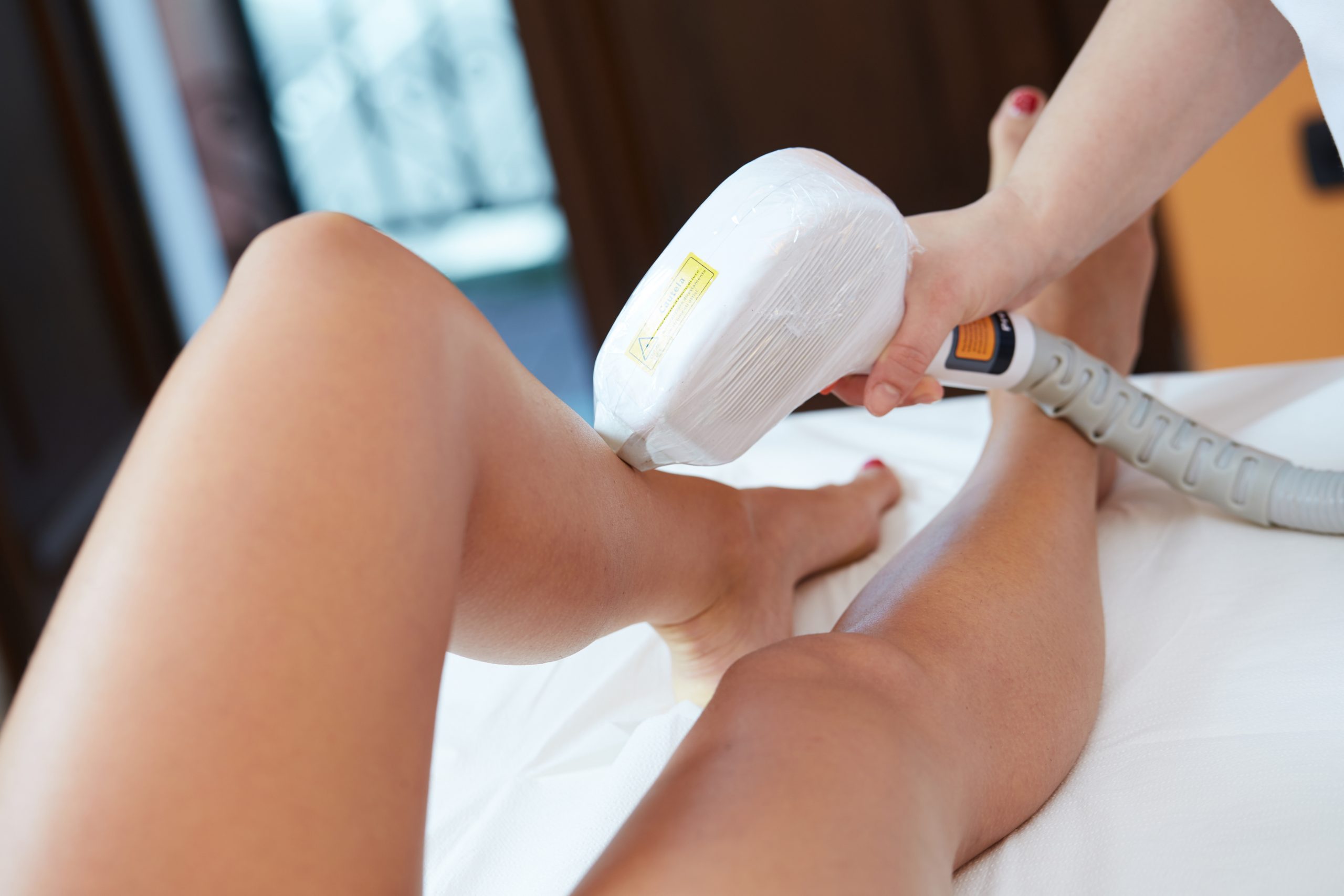
Underbites 101: What Is, It Issues, and Surgery Options.
Having dental issues can hurt a person’s social life. Most people look at you when you talk and notice some of the dental problems, such as uneven or discolored teeth. One can become self-conscious about these issues and might even reduce or try to avoid interacting with other people.
Two of the most common dental issues that affect jaws are underbite and overbite. An underbite can also affect someone’s confidence, depending on its severity. Some underbites are mild; hence people cannot see them, while others are prominent, and people will notice that you have one.
Here is what you need to know about underbites and the role of underbite surgery in correcting the issue.
Table of Contents
ToggleWhat Is an Underbite?
An underbite is a dental condition that causes the lower teeth to extend further than the upper teeth. Orthodontics has classed this condition as a Class III malocclusion. Most underbites are mild and will go unnoticeable, but others are severe and can sometimes cause discomfort. Most people with severe cases of underbites will develop low confidence issues, and some will seek medical procedures like underbite surgery to fix the problem.
Issues Caused by an Underbite?
If the underbite is mild, it will not be noticeable, and you can go on with your life without any issues. However, if the underbite is severe, you might experience pain, discomfort, difficulty chewing, and challenges with speaking. You might experience chronic jaw pain or Temporomandibular Joint Disorder (TMJ), which feels like your jaw is locked.
In addition to causing physical issues, having an underbite can also affect a person’s mental health. For example, if a child has a noticeable underbite, they might develop self-esteem and confidence issues if other kids start making fun of them. They can undergo underbite surgery to improve their self-esteem to correct the condition.
Fixing an Underbite with Underbite Surgery
You can fix an underbite by undergoing underbite surgery. However, surgery is usually reserved for severe cases where the patient experiences pain, has difficulty chewing, or has Temporomandibular Joint Disorder. The surgery will reshape and shorten the lower jaw, or the upper jaw can be elongated to match the lower jaw. The orthodontist might use screws, plates, and wires to hold the lower jaw. There are risks of undergoing surgery to fix an underbite, such as scarring and infection, which might cause further deterioration of a person’s self-esteem.
Other Ways To Fix an Underbite
There are several ways to fix an underbite that you can opt for instead of surgery. They include using an upper jaw expander causing the upper jaw to grow and match the lower jaw. Another possible solution is a reverse-pull face mask that pulls the patient’s lower jaw back into the correct position. This solution is common for children and young patients who are still growing. Another solution is using veneers to reshape the upper teeth to make the underbite less prominent. It does not fix the underbite, but it does improve a person’s look, and their jaw can function correctly.

